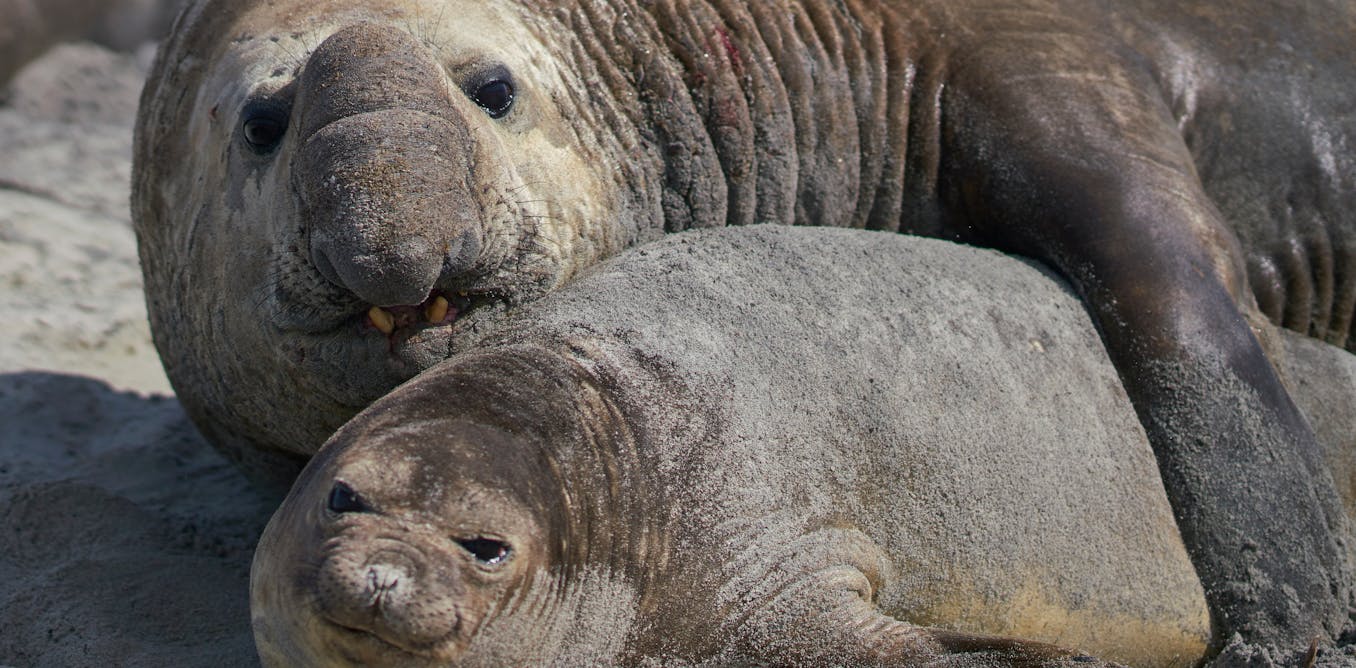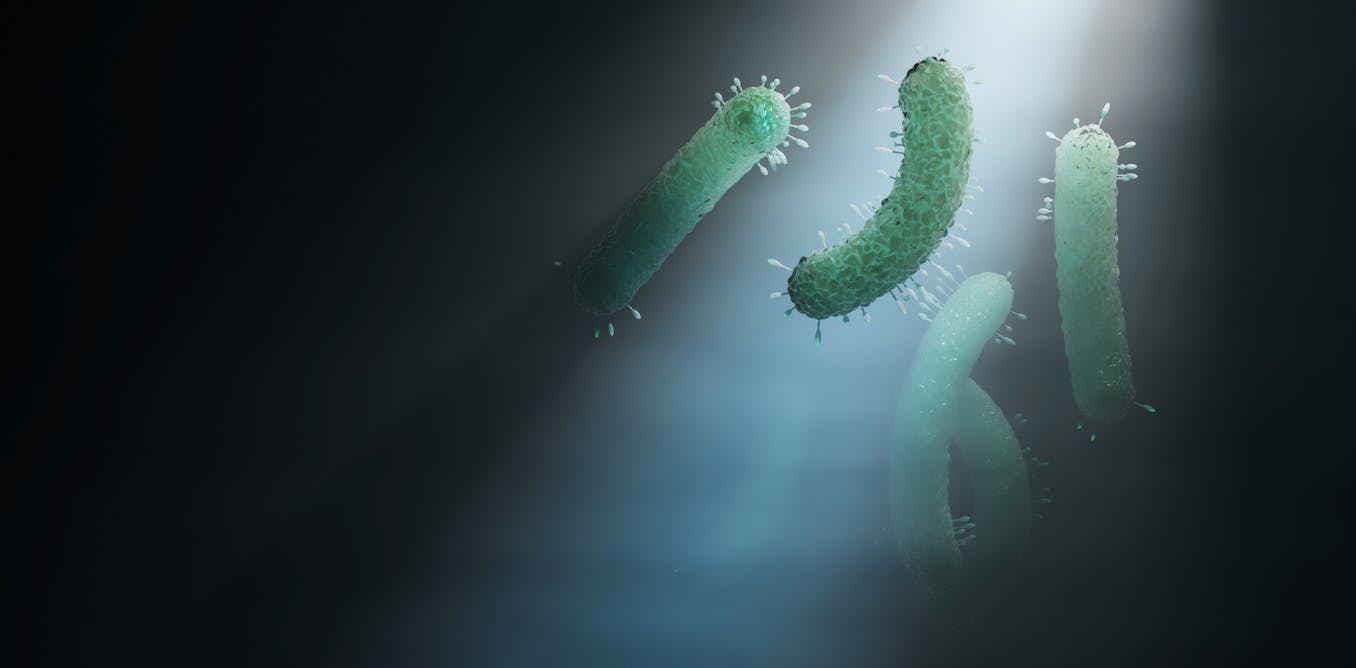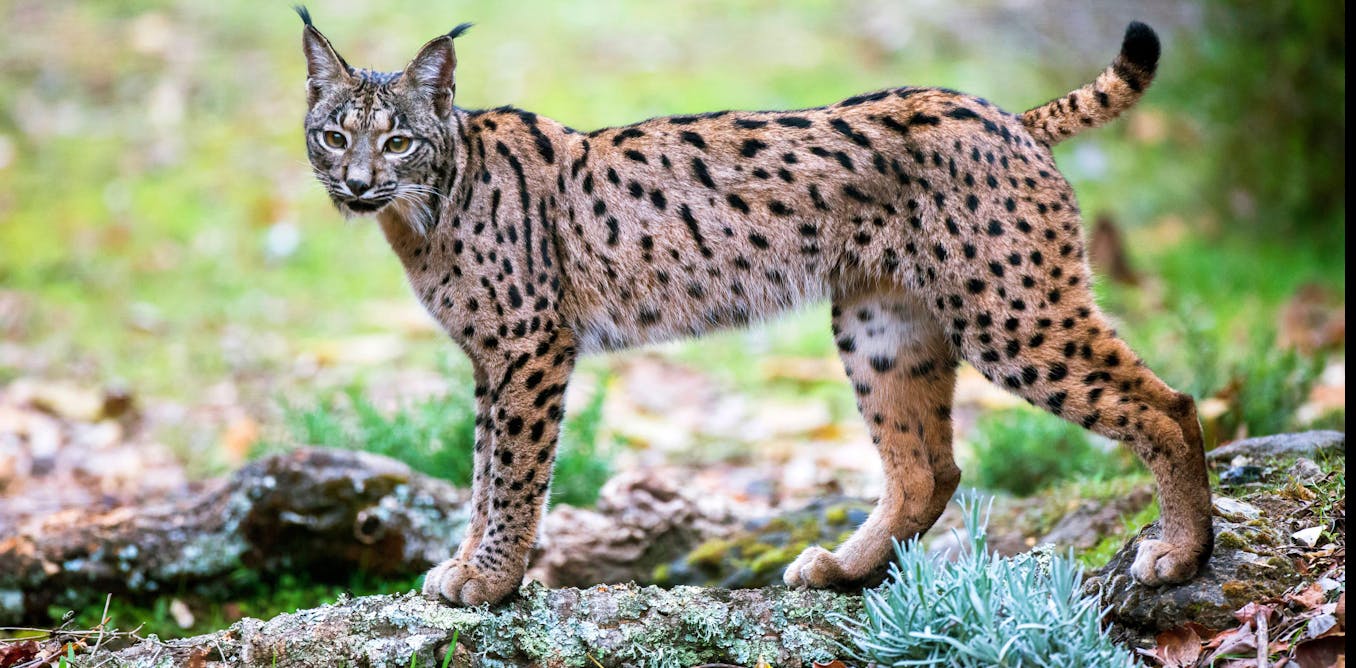Can animals have mental disabilities?
Animals can be born with genetic or developmental issues that make it hard for them to live normal lives. They also can develop mental health problems in response to conditions around them.
Feb. 24, 2025 • ~8 min
Mass deportations don’t keep out ‘bad genes’ − they use scientific racism to justify biased immigration policies
The US has a long history of misusing genetics and biology in immigration policy, the effects of which are still keenly felt today.
Jan. 13, 2025 • ~14 min
From anecdotes to AI tools, how doctors make medical decisions is evolving with technology
Doctors have an overwhelming amount of individual patient data and medical research at their disposal to make diagnoses and treatment plans.
Jan. 10, 2025 • ~11 min
Their DNA survives in diverse populations across the world – but who were the Denisovans?
The discovery of a finger bone in a cave in Siberia some 15 years ago kicked off a race to unravel the mysteries of an entirely new group of humanoids.
Nov. 26, 2024 • ~7 min
Fighting antibiotic resistance at the source – using machine learning to identify bacterial resistance genes and the drugs to block them
By analyzing the resistance genes and proteins of E. coli, researchers can optimize treatments to address both current and future antimicrobial resistance.
Oct. 30, 2024 • ~5 min
Ancient humans were so good at surviving the last ice age they didn’t have to migrate like other species – new study
Most animals retreated to small, warmer enclaves. But some, like humans, seemed to have stayed where they were.
Oct. 11, 2024 • ~6 min
MicroRNA is the Nobel-winning master regulator of the genome – researchers are learning to treat disease by harnessing how it controls genes
Victor Ambros and Gary Ruvkun won the 2024 Nobel Prize in physiology or medicine for their discovery of microRNAs, molecules that turn genes on and off – and cause disease when they go awry.
Oct. 7, 2024 • ~9 min
Ancient DNA helped us uncover the Iberian lynx’s potential secret weapon against extinction
Research into the vulnerable Iberian lynx reveals surprising insights into its genetic history.
Sept. 24, 2024 • ~8 min
/
10









